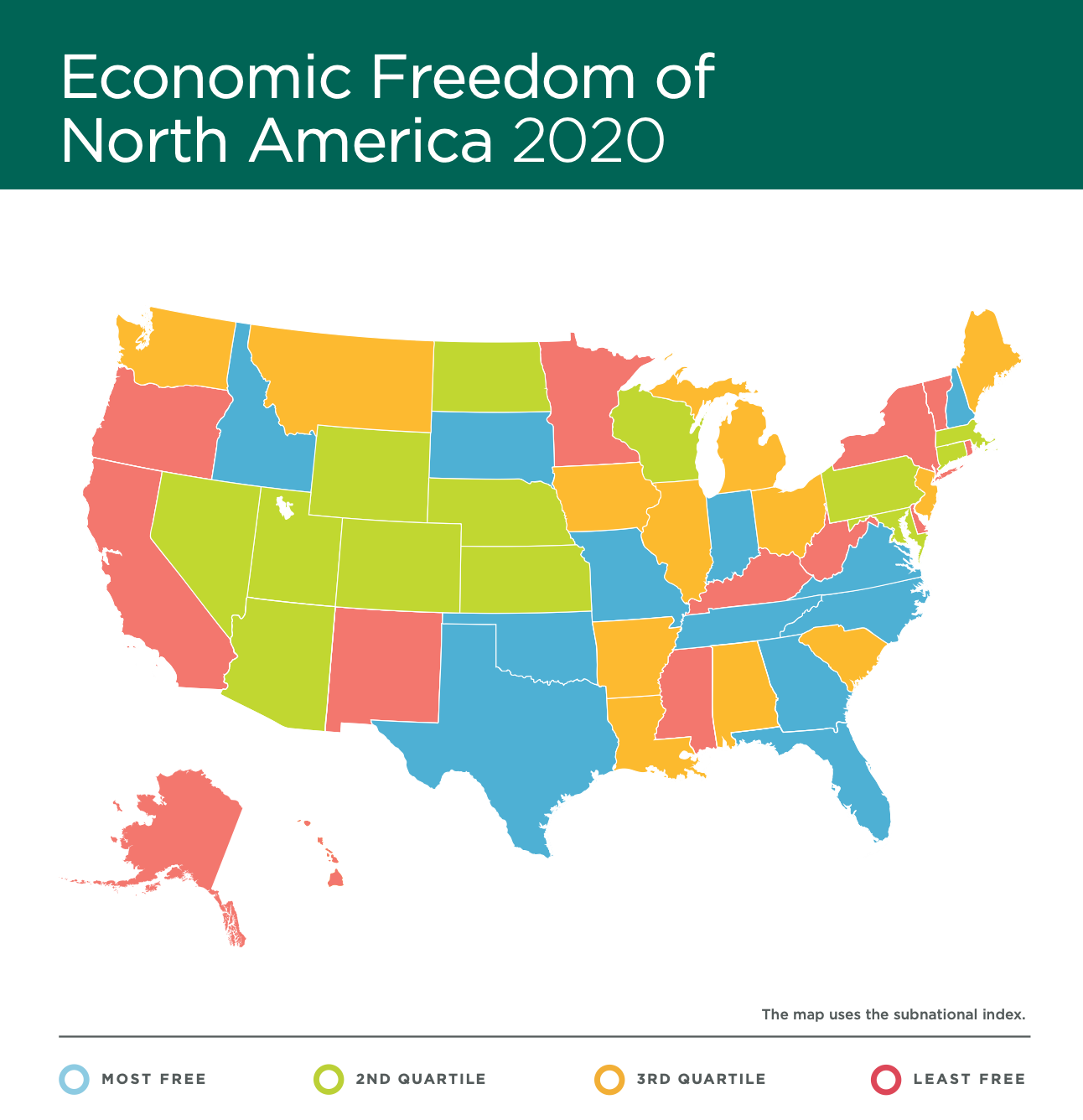Basic facts as legislative session gets rolling
The following appeared in Las Cruces Sun News on Sunday, January 24, 2021.
![]()
To say that this is an unprecedented legislative session in New Mexico is an understatement. After some public debate over how and when the Legislature was going to meet, the Democrats who overwhelmingly control both houses have decided to plow forward with an entirely “virtual” session.
The Roundhouse is closed to the public and if you want to engage with legislators or committees you need to get online and watch, testify, or send emails or calls to their offices. By itself this COVID-related change is both dramatic and problematic.
Then, in apparent reaction to the US Capitol riots of January 6 and the supposed threat of violence at state capitols across the nation, the Roundhouse has been fenced off with dramatically-enhanced security measures implemented to the point that only legislators and staff can get near the facility. We don’t know how long these measures will be in place, but this simply can’t be the “new normal.”
For all its many flaws New Mexico’s Legislature has traditionally been among the most open and accessible in the nation. We have advocated the addition of remote testimony in this vast, sparsely-populated State, but never at the expense of having in-person access completely eliminated during a session.
All advocates for open government must be vigilant in making sure that this crisis not be used to limit open government and transparency in our State.
And then there is the economy. We certainly want New Mexicans to be able to get back to work as quickly as possible. But as the Legislature meets to discuss long-term policy changes in our State we need to agree on a few important facts which undergird our economic situation and have done so for many years.
-
- We know New Mexico is an impoverished state. Too many of our citizens and especially young people face hardships in the best of times. Of course, those problems have been worsened by the pandemic and the political reaction to it.
- New Mexico lacks something called economic freedom. According to an annual report from the Canada-based Fraser Institute, a free market think tank, our State is the 42nd-most free state in the nation. Our neighbors are all much freer. Worse, because data are not available instantaneously the data available are for 2018, Susana Martinez’s last year in office. We have seen a dramatic erosion in economic freedom under the current Administration. Lack of economic freedom has real impacts on people. The study found an 8.1% reduction in median incomes in the least free states.
- New Mexico’s tax burdens are heavy. Because it is poor and federal taxes are “progressive” many tools claim our State has low taxes. In reality, according to the Federation of Tax Administrators, when ranked as a percentage of personal incomes, New Mexico’s state tax burden is 7th-highest in the nation.
- Given our heavy tax burden it will come as no surprise that state and local spending is high. In fact, according to com consuming 22.98% of our overall economy, New Mexico governments spend a smaller share of the economy than only West Virginia and Alaska.
During this 60-day legislative session we expect a slew of tax hikes, spending programs, and new regulations to be considered and passed. Unfortunately, those mostly take us even further in the wrong direction and will further make us an island of relatively slow economic (and population) growth and poverty in the American Southwest.
Paul Gessing is president of New Mexico’s Rio Grande Foundation. The Rio Grande Foundation is an independent, nonpartisan, tax-exempt research and educational organization dedicated to promoting prosperity for New Mexico based on principles of limited government, economic freedom and individual responsibility


